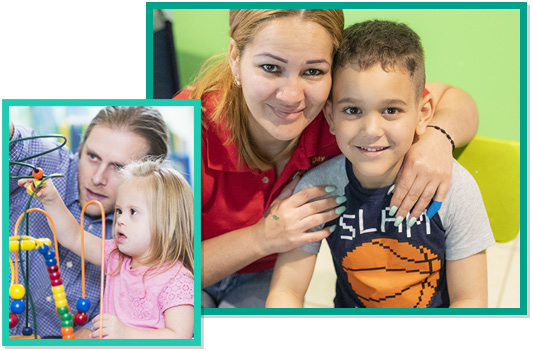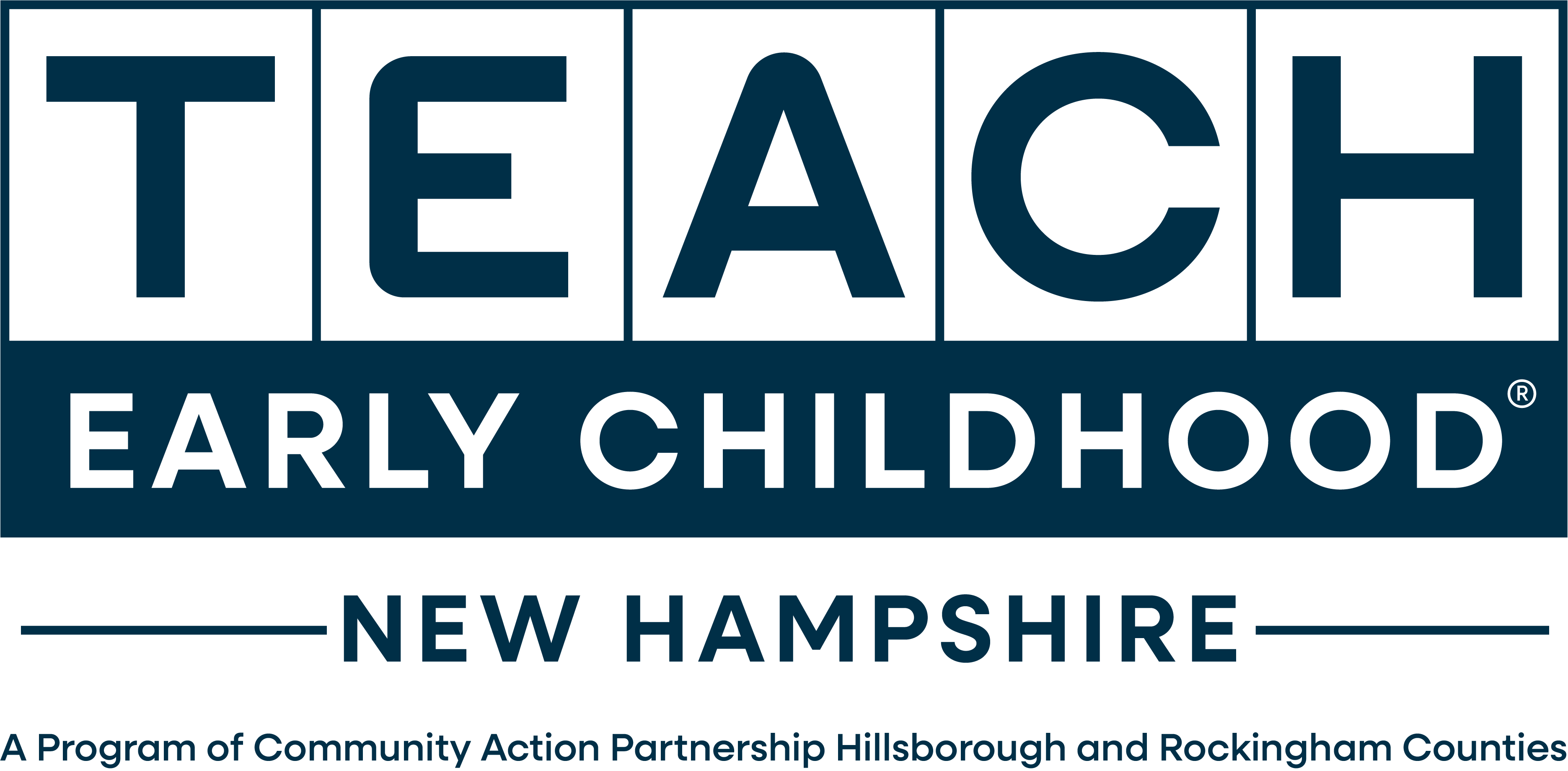




Providers
Child Care Aware of New Hampshire is dedicated to improving the quality of care that is available to families and children. Much of this commitment is reflected in our work with child care providers across the State.
We provide quality professional development (PD) opportunities through our training and technical assistance services to improve program quality and increase teacher competency.
Training and Professional Development
Child Care Aware of New Hampshire provides training and professional development opportunities to assist providers in enhancing and increasing their competencies.
A variety of other training opportunities are also offered throughout the State that meet the needs and interests of providers, including night and weekend trainings, e-conferences, special events and peer learning communities.
All opportunities offered satisfy at least one of the Core Knowledge Areas according to the NH Early Childhood Professional Development System and meet Child Care Licensing training requirements.
To assist providers in obtaining meaningful and intentional professional development, we offer the PD Connections Guide that displays all of our professional development opportunities for the program year.
Call for Child Care Training and Technical Assistance Support
(855) 393-1731, ext. 2526 and ext. 2532

Technical Assistance, Coaching and Consultation Services
Technical Assistance, coaching and consultation is an enhanced form of professional development that CCAoNH offers. Technical Assistance to providers can be done through phone, email, virtually or on-site visits. Our Training & TA Specialists can answer questions, provide information and resources on a wide variety of topics. Our Training and TA Specialists strive to ensure that providers and programs are receiving consistent, high quality professional development services.

Child Care Aware of NH offers:
- The Progressive Training and TA Program: This is individualized technical assistance. Programs commit to work with CCAoNH on a long term basis to improve quality and practices around State Initiatives.
- Early Childhood Cohorts: This approach brings multiple programs together that want to work on the same specific State Initiative. Participants have the opportunity to collaborate with peers, as they obtain resources and support through professional development and technical assistance in a cooperative group setting.
- Communities of Practice: This method is a unique opportunity for participants to build knowledge, share ideas, collaborate and develop a common understanding around a particular topic, while partaking in a training series. Participants have the opportunity to learn side by side with peers as they support each other.
- Virtual Learning Communities: These meetings are offered virtually from September to June. Each of these meetings generate important conversations around specific, focused topics, relevant professional development opportunities, CCAoNH program updates as well as local and State information.
Resources and Information Sharing
The website offers a variety of guides, tools and resources to assist providers in offering high quality care. Referrals to community supports and resources can be provided to providers seeking assistance with their work caring and educating NH’s children and families.
CCAoNH also shares important early childhood information through our E-Newsletters and social media accounts. Child Care Aware of New Hampshire has an E-Newsletter that is distributed bi-monthly to keep early childhood providers aware of what’s happening statewide and nationally on child care. You can subscribe to these newsletters here.
In addition, we maintain a Facebook page for both early childhood professionals and families. For our providers, we also have four closed Facebook groups to share and relay information specific to certain groups in the early childhood field.

TEACH Early Childhood® NH
TEACH Early Childhood® New Hampshire (TEACH NH) provides comprehensive scholarships to enable early educators to take coursework leading to credentials and degrees by making it possible for them to afford both the time and expense of going to school.

